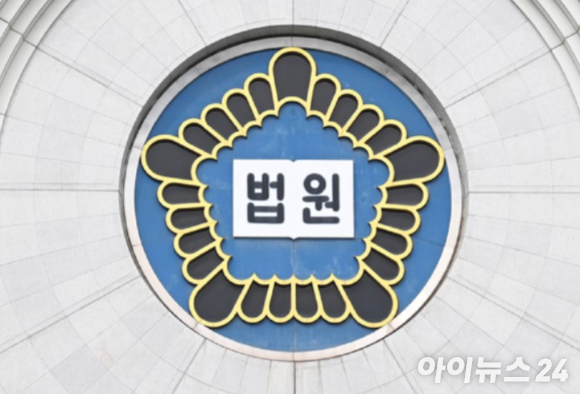A woman in her 30s has been sentenced to prison after accusing her biological father, who had financially supported her education abroad, of rape because he declined to provide her with money.
On the 1st, the Namyangju Branch of the Uijeongbu District Court's Criminal Division 1, under Presiding Judge Choi Chi-bong, sentenced the woman, referred to as A, to 10 months in prison for defamation, obstruction of business, and insult.
A woman received a prison sentence for falsely accusing her father, who had supported her overseas education, of being a rapist because he refused to give her money. Image not related to the article. [Photo=Pixabay@Engin_Akyurt]
A was prosecuted for making 11 online posts from May to June last year, titled "I am a victim of familial sexual violence. Please look at this," in which she defamed her father, B.
In these posts, she inaccurately alleged, "I have been continually sexually assaulted by my biological father since I was four years old, and my mother also suffered domestic and sexual violence," "The issue was resolved with 30 million won in damages," and "Strict punishment is required."
A also revealed B's real name and business details, which reportedly caused him business difficulties.
Additionally, A claimed in six posts that B remarried a woman, C, with whom he had an affair.

In February 2021, A initiated a lawsuit for damages related to sexual assault against B at the Incheon District Court but did not present evidence of any illegal activities.
During the criminal trial, A maintained the truthfulness of her posts, but the court rejected her assertions, referencing the lawsuit's outcome. The court noted a lack of specific evidence or circumstances to support that A was habitually sexually assaulted by B.
The court deemed A's allegations as false, given that B had financially supported her during and after her overseas studies, and she made the rape accusation soon after B refused a monetary request for opening a cafe.

The court stated, "She disseminated false information about the victims due to dissatisfaction with the denial of financial support. The victims' reputations have been irreparably damaged."
The court outlined the sentencing considerations, noting the high risk of recidivism as A continued to publish similar writings post-crime, along with the victims' strong demand for stringent penalty, which were collectively evaluated.

